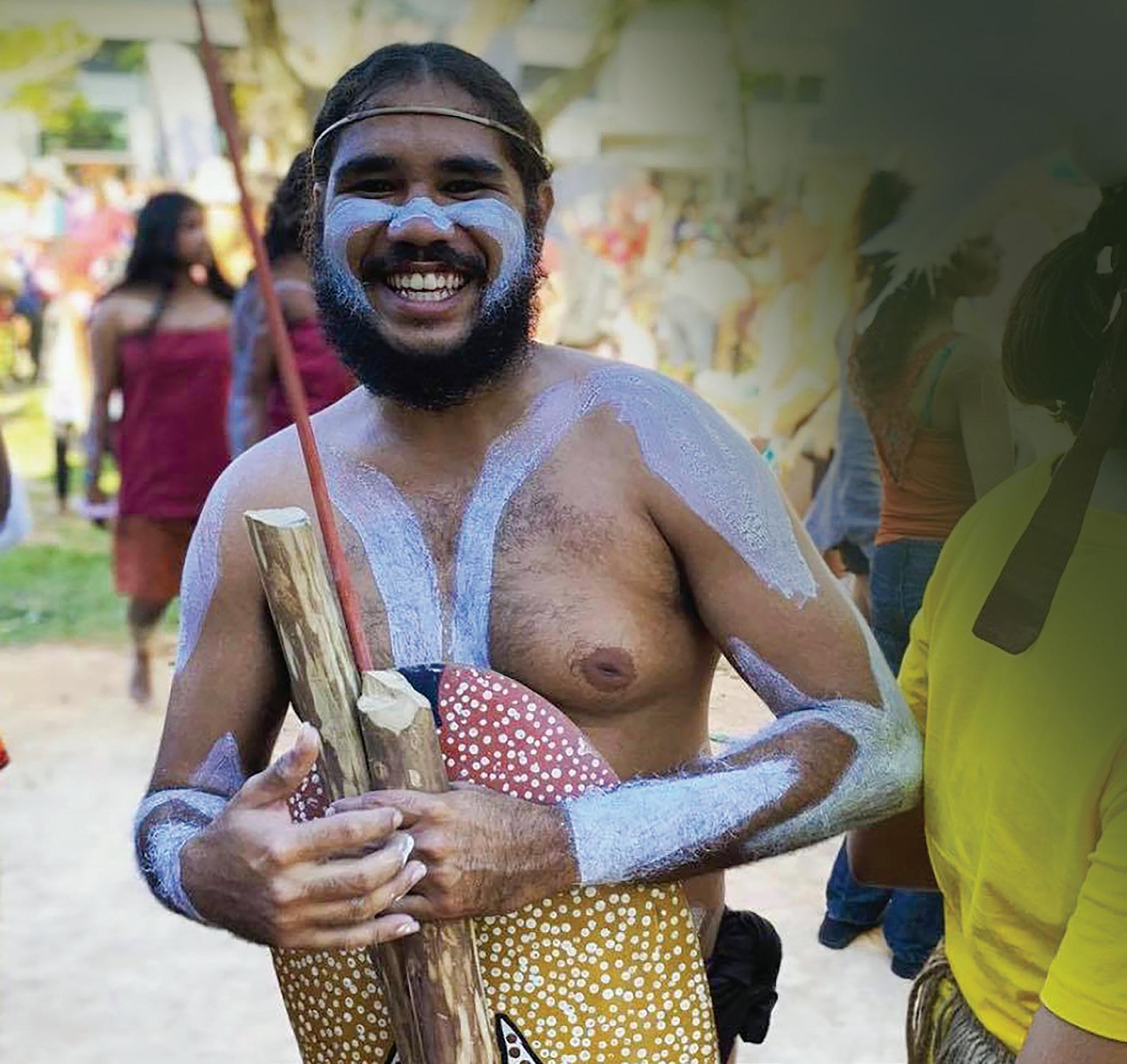
2 minute read
The call for a day we can all enjoy
TANYA MURPHY
ALMOST every country around the world has a national day. It’s a chance for everyone to come together in unity and celebrate what they love about their country and to be grateful for the life we have. And who doesn’t love an extra excuse for a public holiday, a barbecue and a pool party? I’m all for celebrating our beautiful country.
However, most countries don’t do it on the day that they were invaded.
For example the Irish do not joyously celebrate the time when the British invaded their country, near-erased their language and forced a new religion upon them, and they would probably be quite put out if anyone told them they had to.
Plenty of other countries like the United States, Mexico, Argentina, Fiji, and about a hundred others are happy to celebrate their national day on the day that they gained independence from colonial rulers rather than the day settlers began seizing the land from local indigenous people.
But Australia is different. Many Australians do not know that January 26, 1788, is the date English Captain Arthur Phillip raised a flag in Sydney Cove to claim New South Wales as a British colony, dispossessing the traditional owners who had been there for tens of thousands of years.
What followed was a long process of Indigenous people systematically being massacred or moved from their land to make way for European settlement.
That’s why many Indigenous people don’t feel any more inclined to celebrate Australia Day, than the Spanish would celebrate being invaded by the Moors in the sixth century – however long ago it may have been.
Jiritju Fourmile doesn’t celebrate Australia Day on January 26. He is a Gimuy Yidinji man from Cairns.
“Growing up we didn’t celebrate Australia Day, we celebrated Survival Day,” he said.
He is a descendant of the people who were targeted in a European settler-led massacre at Skeleton Creek, near Edmonton in Cairns, in 1885.
Cairns historian Dr Timothy Bottoms estimates that around 50,000 Indigenous men, women and children were killed by European settler-led massacres Australia-wide between 1859 and 1897.
“They cut off my ancestors’ heads and put them on stakes to warn us we couldn’t enter Cairns anymore. That was our boundary line,” said Jiritju.
“Later on, my grandmother and grandfather were taken off the land and forced to live in a dormitory at Yarrabah Mission. They had to deal with rationing of food.
“They had to deal with stolen wages. My grandmother was a teacher and used to do house cleaning as well. My grandfather worked in a wood mill. And they were working for about 50 cents a day.
“So, a lot of people tell you forget about it, it’s in the past. But my grandmother and grandfather only passed away a couple of years ago and there are still people alive today who went through the dormitory as well. And it impacted my father when he was growing up.
“Nowadays, the impacts are different. Whether because of the housing crisis for Indigenous people, or remote communities suffering with health crises. There’s talk about equal opportunity but really underneath, it’s not.”









